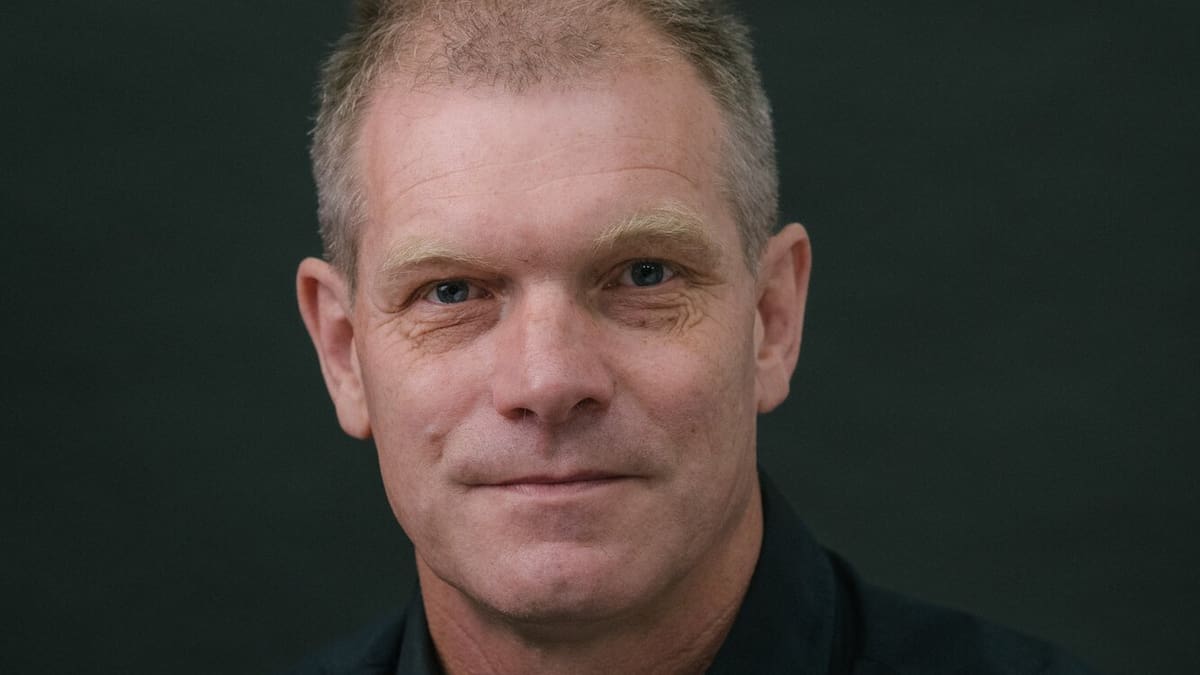The Crown company provides managed services, including internet, Wi-Fi, and cyber security for some 2470 state and state-integrated schools.
Its services, which are fully-funded (that is, free for schools) are used by some 900,000 pupils and teachers – who cumulatively account for 25% of New Zealand’s daytime business internet traffic, according to N4L.
“It’s a huge deal for us,” a 2degrees insider told the Herald.
N4L saw its annual budget bumped from $45 million in 2022 to $50m last year (including $33.7m from the Ministry of Education for services) according to its annual report.
Budget 2024 – which was notable for cuts to various tech programmes, including all tech-related professional learning development for teachers and support for the local cloud software industry – saw new funding for “equipment replacement and cyber security in schools” with a $22.5m allocation in the 2025 financial year, $24.4m in 2026, $25.1m in 2027 and $21.68m in 2028.
“N4L also requires additional funding to meet the cost pressures for ICT [information and communication technology] network equipment replacement and support. This initiative addresses previously time-limited funding for these services. Ongoing funding has been provided for this previously time-limited initiative,” Finance Minister Nicola Willis’s Budget summary said.
All up, there was $94m in new operating expenditure and $63m in new capital expenditure for digital services in schools, mostly delivered through N4L contracts to the Ministry of Education – although some of the funds will also go to software licensing and Netsafe; the Government has not provided a breakdown.

NRL’s third iteration
With the new contracts, N4L is taking a new approach. It will be the third major iteration of N4L’s managed services. The Crown company was formed in 2012 to help schools get connected to the Ultrafast Broadband (UFB) fibre rollout, and manage their internet connections.
In 2019, its current Fortinet-based managed services were put in place and a managed Wi-Fi network was introduced – which N4L chief digital officer Gavin Costello says is probably the largest in Australasia.
Now, another major upgrade is about to take place.
“For the first time, N4L will take full ownership and management of the managed network, resulting in enhanced cost efficiency, service flexibility, and a greater ability to manage provisioning and service delivery to support schools promptly and effectively,” Costello said.
“N4L will build on this new platform by implementing upgrades aimed at continuous improvement in online security and safety.”
Schools won’t have to pay anything. The upgrade and changeover, from March next year, will be fully funded by the Ministry of Education.
‘Can’t be 100%’
In August, investigative reporter Michael Morrah revealed two online harm researchers had accessed pornography, sexualised animal content, and information about self-harm on school-issued iPads at six Auckland primary schools in an experiment they described as “horrific”.
Last week, N4L chief customer service officer Michelle Leadsom told the Herald that while the new system would be more capable, there were limits to any current content filtering technology.
N4L could block individual addresses and screen email. Last year, it blocked 58 million security threats, Leadsom said.
But its managed network and others could not do anything about harmful content that suddenly pops up within a platform like Facebook, Instagram, Snapchat, TikTok or a messaging service like WhatsApp.
“No, it doesn’t go across social media. That’s not something we can currently do at the network level,” Leadsom said.
“We’re exploring kind of what new technologies are out there and how much further we can go, but nothing will ever be 100%. That’s also the practical reality of any technology.”
What N4L can do is block services like social media platforms altogether, or for certain groups of users at certain times of the day, Costello said.
It was up to each school to select which services it wanted to block, and when. Some 96% of schools had chosen some level of restriction, Costello said.
Competitive tender
A competitive procurement process was initiated in September 2023, which included the appointment of an independent probity auditor and a procurement panel with representation from the Ministry of Education, N4L chief executive Larrie Moore said.
(N4L – officially, The Network for Learning Ltd – has the Finance Minister and Education Minister of the day as its two shareholders. It contracts to the Ministry of Education.)
The Herald understands the contract was effective from the moment it was signed last week. In practical terms, the technology changeover will occur from March next year. The Ministry of Education earlier said that current Fortinet systems would reach end-of-life by mid-2026.
2degrees already had a foot in the door – or at least a chance to showcase itself – as it partnered with N4L to provide 40 rural schools with Elon Musk’s Starlink satellite broadband. In a September 2023 announcement, N4L said the schools were getting Starlink’s business-grade service, which includes a larger $4200 dish with higher “gain” than the $650 Starlink dish for home installs. As with all internet provided via N4L, the service and an associated helpdesk is free for the schools.
“The Satellite for Schools project was a great demonstration of 2degrees’ ability to provide outcome-focused solutions in an efficient way,” 2degrees chief executive Mark Callander said.
“It allowed us to show N4L how 2degrees works and the innovative way we approach technology. It will have also given them confidence that 2degrees is capable of delivering to their needs and is the right partner to provide such a critical network.”
“When you are looking at connectivity in education, capacity, capability and delivery are table stakes,” Callander added.
“What we were also able to bring to the table is our self-service and automation suite. We have an incredibly powerful in-house-built platform that allows organisations to manage and dynamically change services in real time – whether it’s data centre utilisation, mobiles in their fleets, or bandwidth into various locations.
“This saves organisations time and money, and when you are working at the scale N4L does, this is a game-changer.”
Palo Alto Networks expands its NZ business
The contract is a big win for Palo Alto Networks as it continues to expand its New Zealand business.
But it’s small potatoes overall for the Silicon Valley-based multinational, whose Nasdaq-listed shares were recently trading at a US$112 billion ($180b) market cap (dwarfing Fortinet, which is also US-based). Former Prime Minister Sir John Key has been a Palo Alto Networks director since 2019, with the firm drawn to his foreign affairs and investment banking background, and security experience from his time as GCSB Minister.
Earlier this year, Key and other directors were hit by an insider trading lawsuit and a number of copycat suits. Key said the claims had no merit and that such lawsuits were common. (An “if it’s a hit, it gets a writ” environment has also seen Nasdaq-listed Rocket Lab draw similar action, along with many other tech firms.) The lawsuits have so far gone nowhere, and have been undermined by the firm’s shares in fact making gains over the past few months, undermining the alleged rationale for selling.
The New Zealand Superannuation Fund holds shares in Palo Alto Networks worth $43m as of a June 2024 disclosure. The holding is part of an extensive portfolio of US equities handled by external managers.
“We are immensely proud to partner with N4L and 2degrees to deliver a next-generation managed network for schools across New Zealand,” the firm’s local managing director Misti Landtroop said.
Her firm’s products combine software and physical firewall units to filter and repel a broad range of digital threats, including new AI (artificial intelligence) malware, Landtroop said.
“This collaboration represents a significant step forward in enhancing digital learning environments, ensuring they are safe, reliable and ready to meet the future needs of students and educators,” she said.
Chris Keall is an Auckland-based member of the Herald’s business team. He joined the Herald in 2018 and is the technology editor and a senior business writer.





